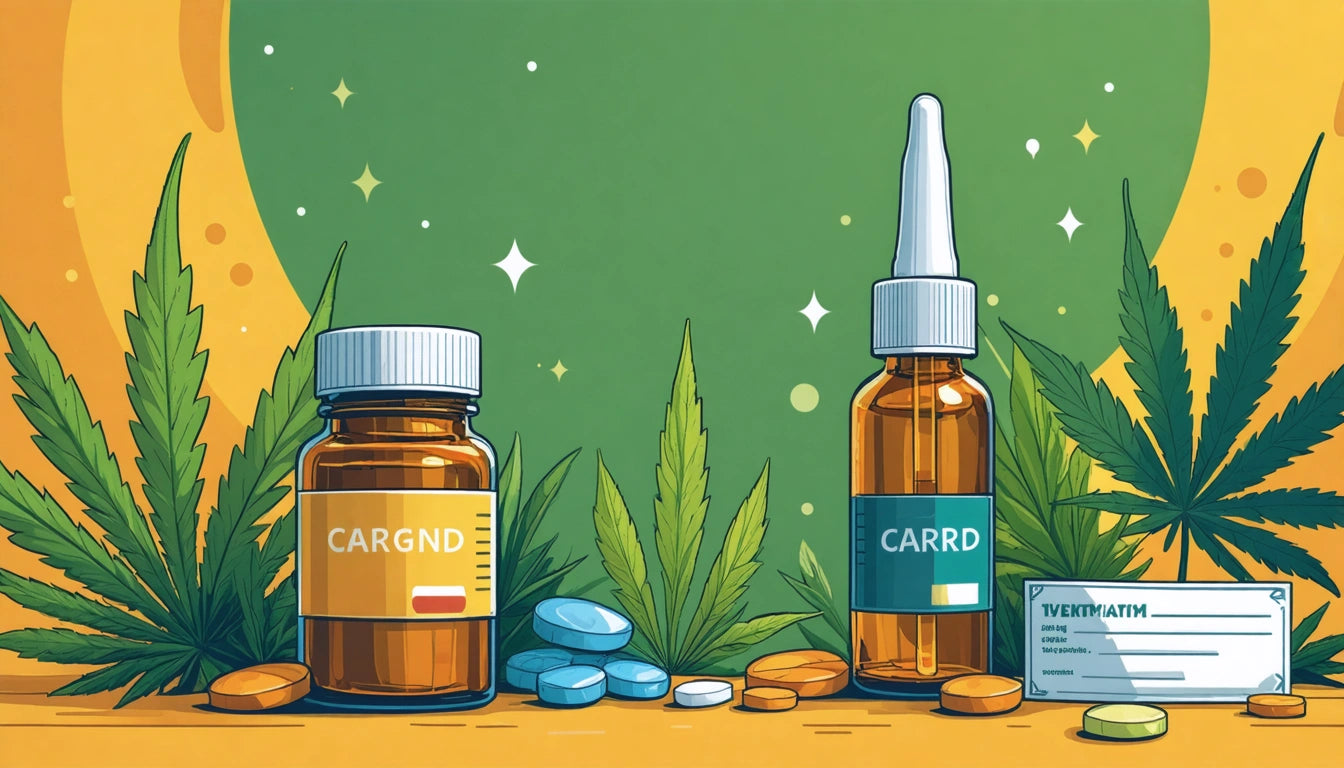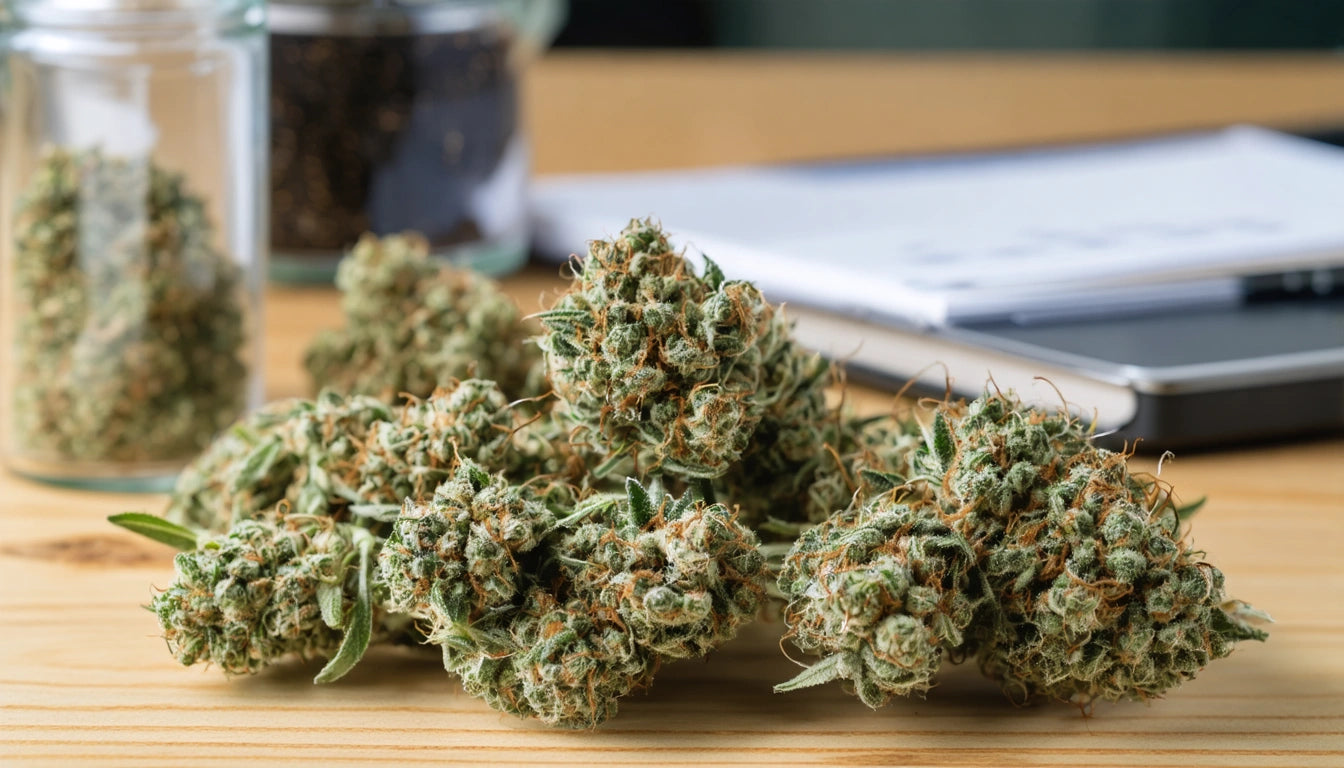Table of Contents
- Understanding Medical Marijuana Reciprocity
- States That Accept Out-of-State Medical Cards
- States Without Medical Marijuana Reciprocity
- How to Use Your Medical Card in a Different State
- Getting a Medical Marijuana Card in Another State
- Traveling with Medical Marijuana
- Future of Medical Marijuana Reciprocity and Interstate Commerce
Can You Use Your Medical Marijuana Card in Another State?
Medical marijuana patients often wonder if their card works across state lines. The question "can I use my medical marijuana card in another state?" has become increasingly common as more states legalize cannabis for medicinal purposes. The answer is complicated and depends entirely on state-specific regulations regarding medical marijuana reciprocity.
Understanding Medical Marijuana Reciprocity
Medical marijuana reciprocity refers to whether one state recognizes and honors medical cannabis cards issued by another state. This concept is similar to how driver's licenses work across state lines, but with significantly more restrictions and variations.
Reciprocity policies vary widely from state to state. Some states fully recognize out-of-state medical cards, allowing visitors to purchase from dispensaries. Others offer limited recognition, and many offer no reciprocity whatsoever. Understanding these differences is crucial before traveling with your medical card.
States That Accept Out-of-State Medical Cards
Several states have established reciprocity programs that allow out-of-state patients to access medical cannabis. These states recognize that patients shouldn't lose access to their medicine simply because they cross state lines.
Full Reciprocity States
These states allow qualified patients with valid out-of-state medical marijuana cards to purchase products from dispensaries:
- Arizona
- Maine
- Michigan
- Nevada
- New Hampshire
- Oklahoma (requires temporary license)
- Rhode Island
- Utah (limited)
According to this guide on out-of-state acceptance, patients should always verify current regulations before visiting, as laws change frequently.
Limited Reciprocity States
Some states offer limited reciprocity, meaning they recognize out-of-state cards but with significant restrictions:
- Arkansas (visitors can possess but not purchase)
- Hawaii (requires advance registration)
- Pennsylvania (limited to minors)
- Washington D.C. (from specific states only)
States Without Medical Marijuana Reciprocity
Many states do not recognize out-of-state medical marijuana cards at all. In these states, using your medical card from another state is not possible:
- California
- Colorado
- Florida
- Illinois
- Massachusetts
- New York
- Oregon
In states like California and Colorado that have legalized recreational cannabis, visitors can still purchase cannabis without a medical card, though they won't receive medical program benefits like tax exemptions or higher possession limits.
According to Florida's medical marijuana regulations, the state currently does not accept out-of-state cards, requiring even temporary residents to obtain a Florida-specific card.
How to Use Your Medical Card in a Different State
If you're traveling to a state that offers reciprocity, follow these steps to use your medical marijuana card:
- Research the state's specific reciprocity laws before traveling
- Bring your physical medical marijuana card and state ID
- Carry your doctor's recommendation if your state provides one
- Contact dispensaries in advance to confirm they accept out-of-state cards
- Be aware of purchase and possession limits, which may differ from your home state
When storing your medical cannabis, consider using humidity control packs that maintain optimal moisture levels for your medicine while traveling, helping preserve potency and prevent mold growth during your trip.
Getting a Medical Marijuana Card in Another State
The question "can I get a medical card in another state?" depends on residency requirements. Most states require proof of residency to qualify for their medical marijuana program.
Residency Requirements
States typically require one or more of the following to prove residency:
- State-issued ID or driver's license
- Utility bills in your name
- Mortgage or rental agreement
- Voter registration
Some states offer exceptions for part-time residents or have specific provisions for non-residents. For example, Oklahoma offers temporary medical cards for out-of-state patients.
Application Process for Non-Residents
If you spend significant time in multiple states, you may qualify for medical cards in each location. The application process typically involves:
- Establishing some form of residency (even part-time)
- Finding a healthcare provider in that state
- Getting a new recommendation based on qualifying conditions
- Submitting an application with the state's medical marijuana program
- Paying application fees (which are often higher for non-residents)
The state-by-state guide to obtaining a medical card provides detailed information about each state's specific requirements.
Traveling with Medical Marijuana
It's important to understand that even with a valid medical card, traveling across state lines with cannabis remains federally illegal. This creates significant complications for medical patients.
Interstate Travel Considerations
When traveling between states:
- Never cross state lines with cannabis products (federal offense)
- Research destination state laws before traveling
- Consider purchasing medicine after arriving if reciprocity exists
- Be aware that airports and federal lands fall under federal jurisdiction
For patients with specific product needs, understanding qualifying conditions and product restrictions in your destination state is essential.
Future of Medical Marijuana Reciprocity and Interstate Commerce
As the cannabis industry matures, reciprocity policies are likely to evolve. Several trends point toward increased recognition of out-of-state medical cards:
- More states are considering reciprocity provisions in new legislation
- Interstate commerce compacts are being developed in regions like the Northeast and West Coast
- National cannabis reform efforts could eventually standardize medical programs
- Digital verification systems are making it easier to validate out-of-state credentials
Until federal legalization occurs, patients will need to navigate this complex patchwork of state regulations. The best approach is to research your destination's specific laws before traveling and consider whether obtaining a secondary card might be worthwhile for frequent travelers.
For specific information about obtaining medical cards in states like Pennsylvania, California, or Arizona, consult state-specific guides that outline the exact application processes and requirements.











Leave a comment
All comments are moderated before being published.
This site is protected by hCaptcha and the hCaptcha Privacy Policy and Terms of Service apply.